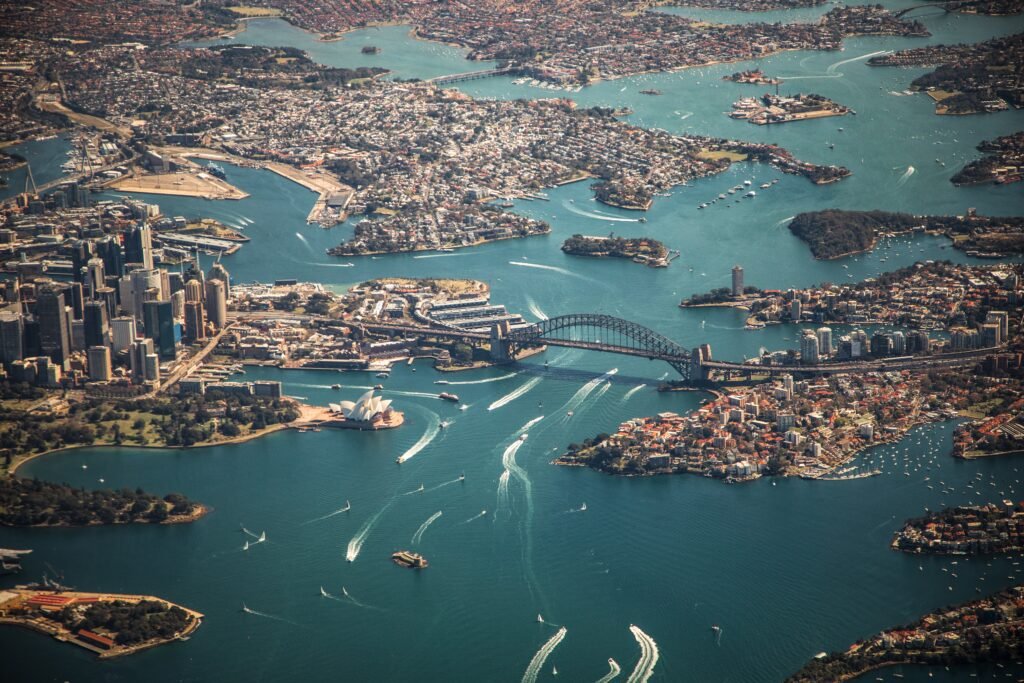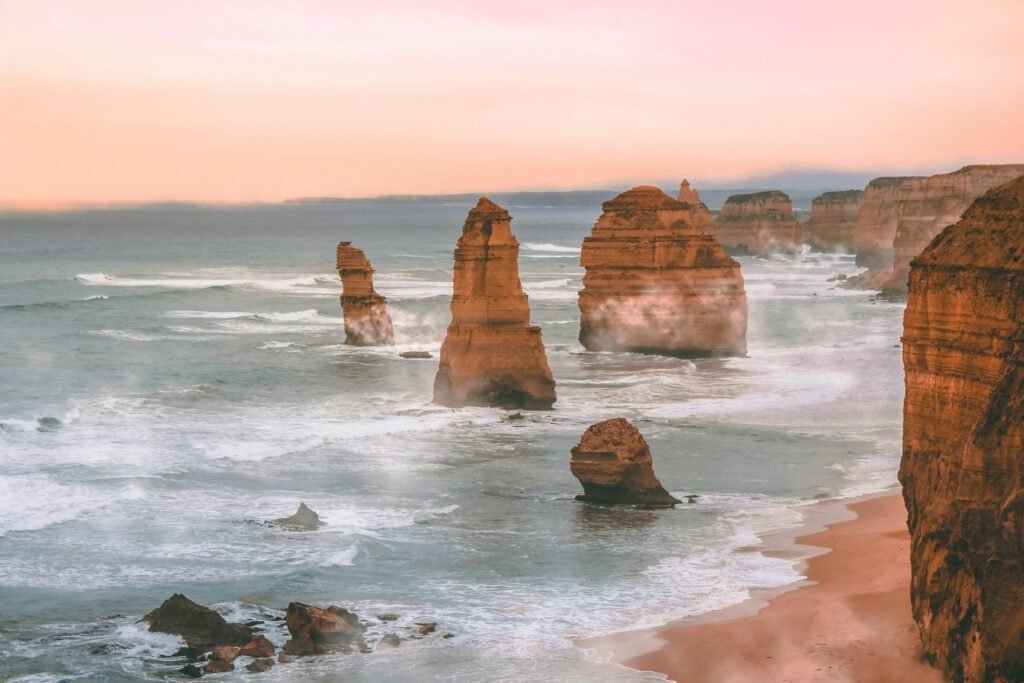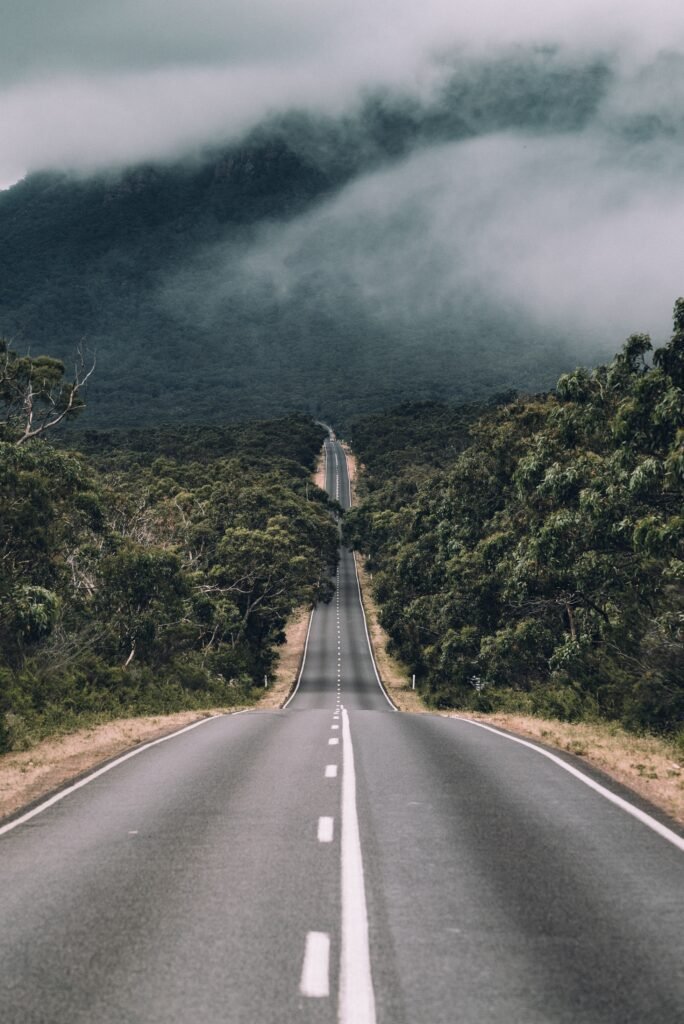

Planning a camping trip to Australia? Wondering if you need any special permits to pitch your tent in the great outdoors? Look no further! This article will quickly and concisely answer the burning question on every camper’s mind: are there any specific camping permits required in Australia? Whether you’re a local adventurer or a curious traveler exploring the Land Down Under for the first time, we’ve got you covered with all the essential information on camping permits in Australia. So, pack your gear, grab your map, and let’s dive into the exciting world of camping in Australia! Yes, there are specific camping permits required in Australia depending on the type of camping and the location. Camping permits ensure that campers can enjoy their outdoor experience while also preserving and protecting the natural environment. In this article, we will explore the various types of camping permits in Australia, including those for national parks and reserves, private campgrounds, crown land, remote and wilderness areas, beach camping, and special permits. We will also discuss the booking and reservation procedures, fees and costs, as well as important considerations for campers.


Types of Camping Permits
There are several types of camping permits available in Australia to accommodate different camping preferences and requirements. These permits include individual campsite permits, group camping permits, vehicle-based camping permits, backcountry camping permits, and special event camping permits. Individual campsite permits are ideal for solo campers or small groups looking to reserve a specific campsite. Group camping permits are suitable for larger groups or family gatherings. Vehicle-based camping permits are necessary for campers planning to bring their vehicles and camp at designated areas. Backcountry camping permits are essential for campers seeking to explore remote and untouched areas. Finally, special event camping permits are required for camping during specific events or festivals.
National Parks and Reserves
Australia is renowned for its breathtaking national parks and reserves, offering diverse landscapes and ecosystems for camping enthusiasts. Camping permit requirements may vary depending on the specific park or reserve. Some popular national parks, such as the Blue Mountains National Park and the Great Barrier Reef Marine Park, have their own specific permit requirements. It is important to check the official websites or contact the park authorities to understand the camping permit requirements for each park. Most national parks have online booking systems where campers can make reservations in advance. It is essential to be aware of the duration and restrictions of the camping permits, as well as any special rules and regulations in place to protect the park’s natural environment.
Private Campgrounds
Private campgrounds in Australia offer a range of camping options for individuals, families, and groups. These campgrounds often have different permit restrictions compared to national parks and reserves. Each private campground sets its own rules and regulations regarding camping permits. Some private campgrounds may require permits for each campsite, while others may have a general permit that covers all guests. Booking and reservation policies also vary for private campgrounds. It is advisable to contact the campground directly or visit their website to understand their specific permit requirements and booking procedures. Private campgrounds often offer facilities and amenities, such as showers, toilets, picnic areas, and even recreational activities, to enhance the camping experience.
Crown Land
Crown land refers to land owned by the government or the state, and camping on crown land may require specific permits. Permit requirements and regulations for camping on crown land can vary between different states and territories. Some states may have an open camping policy on crown land, allowing campers to set up camp without a permit. However, other states may require campers to obtain permits for camping on crown land. It is crucial to research the specific rules and regulations regarding crown land camping permits in the desired area. Moreover, the duration and restrictions of camping on crown land may also be governed by local laws. Booking procedures for crown land camping permits can vary, and it is recommended to contact the relevant land management agencies or visit their websites for more information.


Remote and Wilderness Areas
For adventurers seeking to explore Australia’s remote and wilderness areas, camping permits are an essential requirement. These areas often have unique ecosystems and fragile environments that need protection from excessive human impact. Obtaining a camping permit ensures that campers are aware of the regulations and restrictions in place. Safety considerations are paramount in remote and wilderness areas, and campers are advised to check with local authorities or park management for any specific requirements or recommendations. Environmental regulations, such as waste disposal and wildlife protection, might also be enforced in these areas. Booking and reservation procedures for camping permits in remote and wilderness areas can vary, and it is advisable to plan ahead and contact the relevant authorities for more information.
Beach Camping
Camping by the beach is a popular choice in Australia, with its stunning coastline and picturesque beaches. Permits may be required for beach camping in certain areas to ensure the protection of the environment and manage visitor numbers. Permit requirements for beach camping can differ depending on the specific beach and local regulations. Some designated beaches may require campers to obtain permits, while others may not have any permit requirements. It is crucial to research the specific beach or coastal area and contact the local authorities or land management agencies to understand the permit requirements, duration, and restrictions. Factors like tide and weather conditions might also influence beach camping, so it is important to stay informed and plan accordingly. Like other camping permits, booking and reservation procedures for beach camping permits can vary, and it is recommended to make arrangements in advance.


Special Permits
In addition to camping permits for individual campers or groups, there are also various special permits available for specific activities or purposes. Commercial camping permits are necessary for individuals or companies planning to operate camping or outdoor adventure businesses on public land. Filming and photography permits are required for photographers, filmmakers, or production companies looking to capture images or footage in specific locations. Cultural and heritage permits may be required for campers interested in visiting cultural or heritage sites on public land. Finally, research and exploration permits might be necessary for scientists, researchers, or explorers conducting studies or discovering new areas. The specific requirements for these special permits can vary, and it is advisable to contact the relevant authorities or land management agencies to understand the application procedures and any associated costs.
Booking and Reservation Procedures
Booking and reservation procedures for camping permits in Australia can vary depending on the type of camping and the location. Online booking systems are commonly available for national parks, private campgrounds, and some beach camping areas. Campers can visit the official websites of the parks or campgrounds to check availability, select desired dates, and make reservations. Phone reservations may also be available for those who prefer to speak directly with park authorities or campground personnel. In some cases, walk-in bookings may be possible, although availability is not guaranteed. It is important to be aware of reservation deadlines and to book well in advance, especially during peak seasons or popular events. Cancellation and refund policies may differ between different camping facilities, so it is advisable to familiarize yourself with their specific policies before making a reservation.


Fees and Costs
Camping permit fees and costs can vary depending on the type of camping and the location. National parks, private campgrounds, and other camping areas may have different fee structures. National parks often charge a nightly fee per campsite, which can range from a few dollars to higher amounts for more popular or exclusive parks. Private campgrounds may have varying fees based on the facilities and amenities provided. Special permits, such as commercial camping permits or filming and photography permits, may have additional costs depending on the nature of the activity. It is essential to check the official websites, contact the relevant authorities, or consult campground personnel to understand the fees and costs associated with camping permits in Australia.
Important Considerations
When planning a camping trip in Australia, there are several important considerations to keep in mind. Seasonal restrictions can apply to camping permits, especially in areas prone to extreme weather conditions or bushfires. It is important to check for any fire bans or restrictions in the desired camping area and to be aware of fire safety measures. Proper waste disposal is crucial to protect the environment, and campers should follow guidelines for waste management or bring back their own waste if necessary. Respecting wildlife and nature conservation is also essential, and campers should observe any regulations related to interacting with or feeding wildlife. Responsible camping practices, such as minimizing impact, respecting campsite boundaries, and leaving no trace, should be followed to preserve the natural beauty for future generations. Non-compliance with camping permit rules and regulations can result in penalties, so it is important to abide by the guidelines and enjoy camping responsibly.
In conclusion, camping permits are necessary for various types of camping in Australia, including national parks and reserves, private campgrounds, crown land, remote and wilderness areas, beach camping, and special activities. Understanding the permit requirements, booking and reservation procedures, and associated costs is vital for a successful camping trip. By following the rules and regulations and practicing responsible camping, campers can enjoy Australia’s magnificent landscapes while contributing to the conservation and preservation of its natural wonders. Happy camping!


Leave a Reply